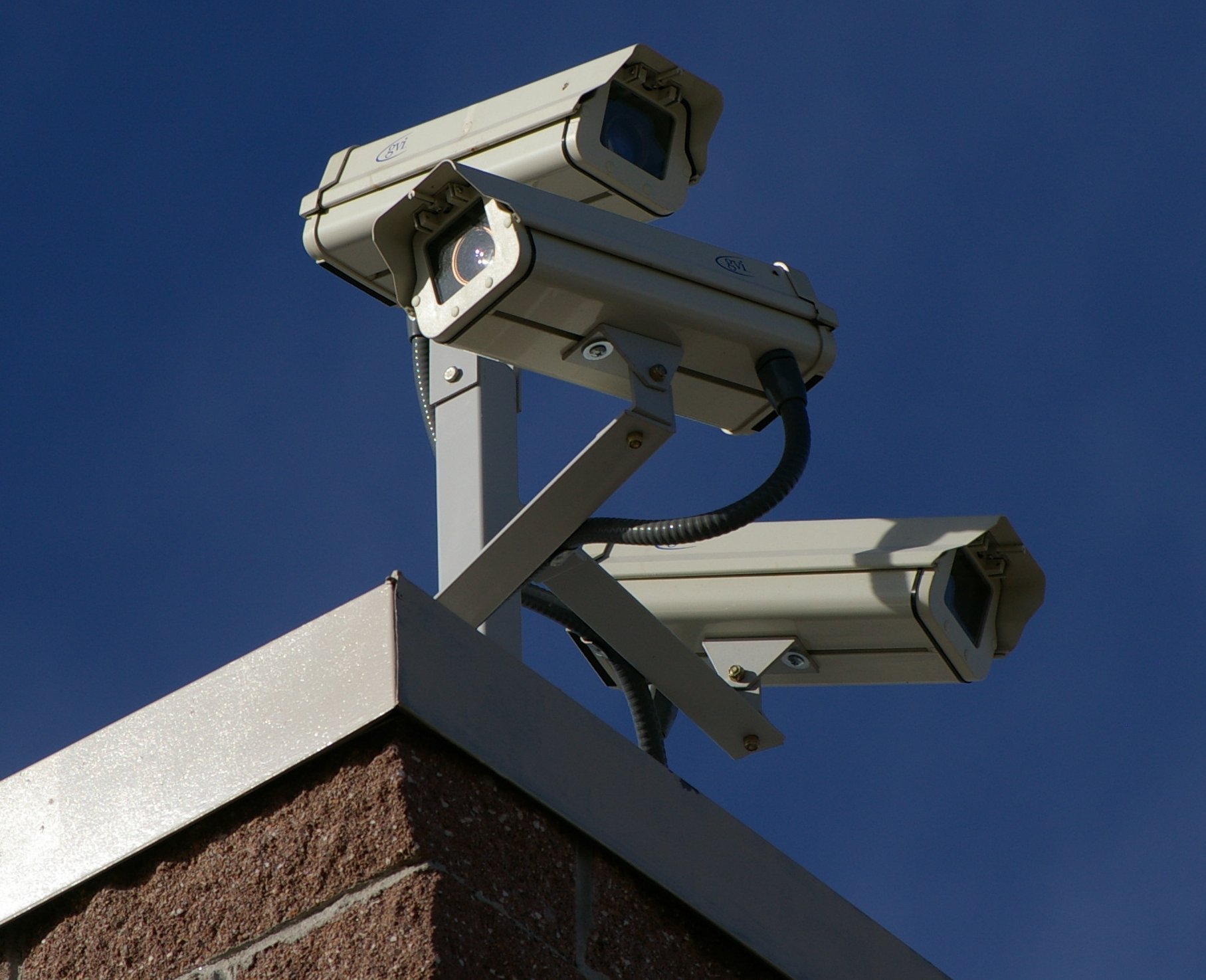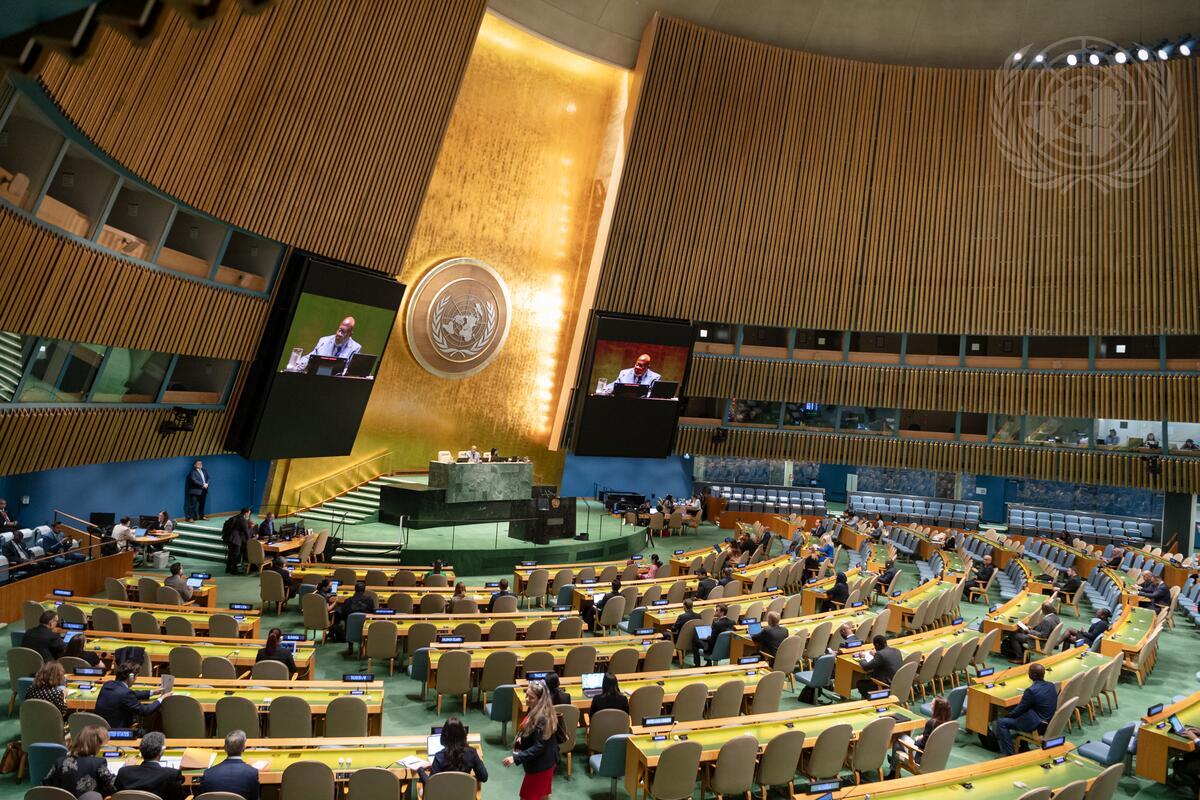Systemic, sophisticated attacks against human rights defenders continue throughout the Gulf region, with the recent enforced disappearance of prominent human rights defender Ahmed Mansoor in the United Arab Emirates just the latest egregious example.
In light of the outsized influence of wealthy governments in the region, the international community should consider new responses to this crackdown, including by engaging business enterprises and leveraging business interests, and through better follow-up on UN expert recommendations.
At a side event during the 34th session of the Human Rights Council, ISHR joined with CIVICUS, FIDH, OMCT and the Gulf Center for Human Rights in a panel discussion on the grave risks human rights defenders face in this region and the current forms of restrictions and reprisals used by Gulf governments.
‘As we speak now, we – civil society in the Gulf – are getting attacked,’ said Khalid Ibrahim, Executive Director of the Gulf Center for Human Rights, an independent civil society organisation which aims to develop and protect a sustainable network of human rights defenders in the Gulf region.
‘Defenders can be put into prison for a short post on Facebook, or a Tweet,’ he added.
The panel also featured national-level activists from Oman and Saudi Arabia, who provided first-hand insights into the particular tactics used by those governments to suppress civil society space.
‘Human rights defenders are treated as enemies of the State,’ said Dr Hala Al-Doseri, a woman human rights defender from Saudi Arabia. ‘The State uses various tactics to silence them.’
The 28 March 2017 press release of UN Special Procedure mandate holders on Mr Mansoor’s case demonstrates that there is some international attention paid to the situation in the Gulf. According to Sarah M Brooks, programme manager at ISHR, an analysis of Communications sent by the UN Special Rapporteur on Human Rights Defenders to governments in the region shows a total of 100 sent since March 2014, with countries or entities concerned responding to just over half of them.
Nonetheless, she urged, the continuing deterioration of human rights in the region makes apparent the need for more systematic approaches to engaging and following up on the work of Special Procedures and more creative approaches generating leverage, including through the field of business and human rights.
‘The trends presented by the panelists – phone hacking, surveillance, sanctions for use of social media – show a clear use of technology as a means not to expand the enjoyment of human rights, but to limit it and to undermine rights defence,’ said Ms Brooks. ‘Companies can be deeply implicated in these challenges, but they can also be central to resolving them.’
Cases such as the sale of surveillance equipment and facial recognition technology to Bahraini authorities, as well as the development and sale of censorship technology, are just a few examples of how business deals give defenders a bad bargain. Migrant rights defenders are particularly vulnerable – Gulf governments do not shy away from punishing striking workers, or even just workers seeking compensation for unpaid wages, with detention and mass deportations.
These issues have been relatively overlooked by the Special Procedures so far, with the UN Working Group on Business and Human Rights dramatically underrepresented among Communications to governments in the region. However, the practice of sending Communications to companies may help improve information and incentivize further government cooperation.
‘States where multinational companies are domiciled can do much to ensure that these businesses do not contribute to violations of the rights of defenders in the Gulf,’ said Ms Brooks.
Using UN recommendations as a guide to identifying serious risks of human rights violations linked to business, governments could:
- Regulate or prohibit the export of certain types of products which ‘have no legitimate law enforcement function’
- Ensure the inclusion of human rights officials on trade delegations in the region, especially where security technology is involved
- Ensure policy coherence – in other words, ensuring that responsible business guidelines and trade discussions address the situation for human rights defenders, and that human rights defender guidelines take into account the potential – positive and negative – role of businesses
- Co-fund or help to create platforms for multistakeholder discussions about pressing human rights issues in the region, especially where the concerns align with priorities at the UN Human Rights Council
Says Ms Brooks, ‘Many governments have responded to civil society pressure by taking ad hoc steps to tackle these challenges. However, a transparent, inclusive National Action Plan, or NAP, process can be more effective, by facilitating discussion amongst a range of ministries and civil society experts.’
Best practices for the development of NAPs also include providing an opportunity for defenders and communities in host countries – such as those in the Gulf – to provide input as well, Ms Brooks added.
Although States have the primary duty to protect rights, ‘respect for human rights is part of the mandate of companies’, added Ms Al-Doseri.
Panelists discussed elements of corporate respect for human rights and suggested concrete actions that businesses could take to protect human rights, the rule of law and independent civil society in the region, such as
- Understanding the specific way their operations in the Gulf, both directly and indirectly, can have an impact on human rights defenders. This would include risks of adverse impacts on human rights defenders and civil society organisations, but also ways to leverage improvements beyond often-inadequate protections in national law.
- Including contractual clauses stipulating due diligence ahead of sale and methodologies for transparent monitoring of the use of products where there is a risk of misuse to target human rights defenders. Communications to Governments by Special Procedures and concluding observation by UN treaty bodies could be used to measure the ‘market risk’.
- Publicly commit to not bid when problematic tenders are posted, and explain why.
Ms Al-Doseri gave an example: ‘The big car companies have huge business in Saudi Arabia. But women still cannot drive. We believe it is in their interest to encourage the government to abandon the ban, but we have had trouble getting them to listen.’
‘Companies and industry associations should adopt policies and procedures to protect human rights defenders and act individually and collectively in support of defenders and civil society space,’ Ms Brooks concluded.
Contact: Sarah Brooks at s.brooks[at]ishr.ch. You can follow her on Twitter @sarahmcneer.




